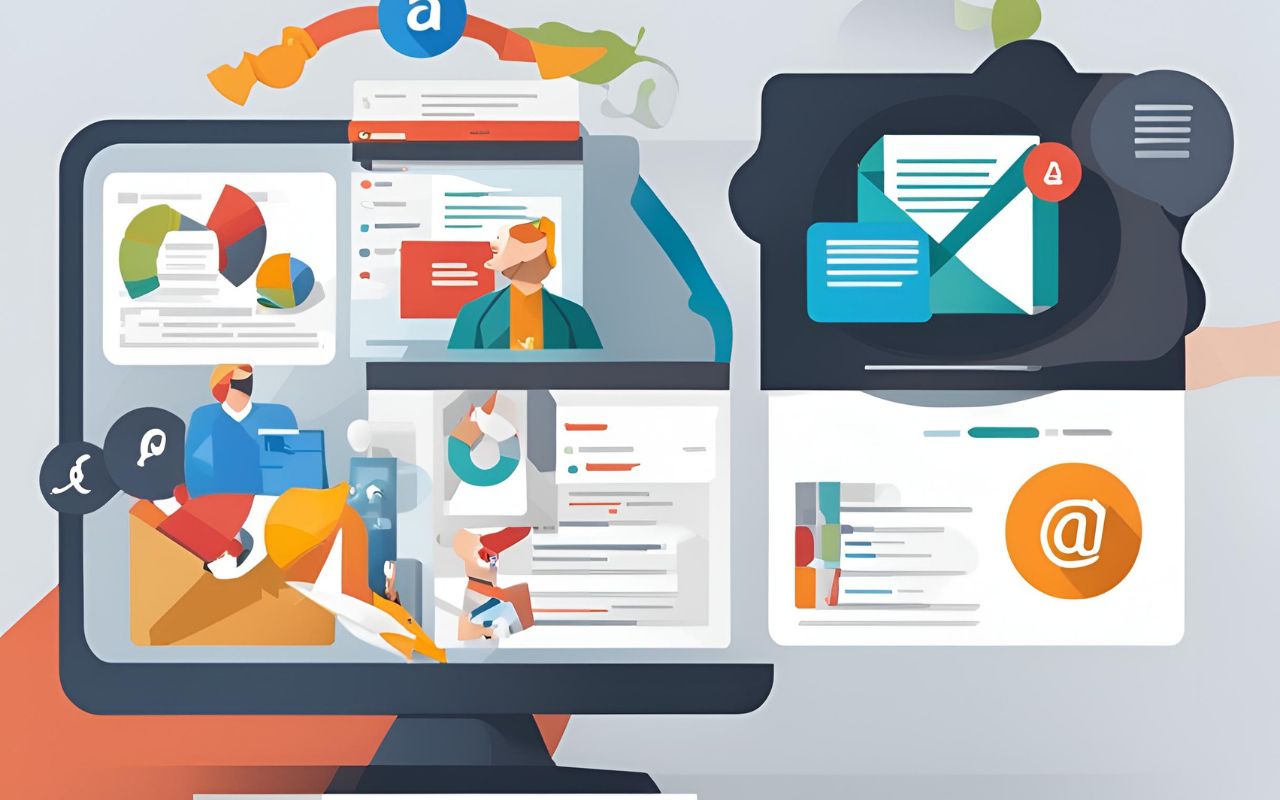
The gig economy is booming, offering flexibility and independence to millions of workers across the United States. However, managing income from multiple sources can be challenging. Without a steady paycheck, gig workers need effective financial tools to manage their earnings, plan for taxes, and save for the future. This article will explore 10 essential financial tools to help you manage your gig economy income effectively.
What Are Financial Tools?
Financial tools are applications, platforms, or services designed to help individuals manage their money. These tools can assist with budgeting, saving, investing, and even tax planning. For gig economy workers, financial tools are essential for tracking irregular income streams and ensuring financial stability.
Types of Financial Tools
- Budgeting Apps: Tools that help you plan and track your spending.
- Accounting Software: Programs that help manage income and expenses, often with features tailored for freelancers.
- Savings and Investment Apps: Platforms that help you save and invest money automatically.
- Tax Software: Tools that assist with tax preparation and filing.
Why You Need Financial Tools as a Gig Worker
Gig workers face unique financial challenges, including inconsistent income, lack of employer-provided benefits, and complex tax situations. Financial tools help manage these challenges by:
- Providing clear income tracking and reporting
- Simplifying budgeting and expense management
- Facilitating tax calculations and savings
- Offering investment and retirement planning options
Challenges of Gig Economy Income
- Irregular Income: Unlike traditional jobs, gig work often comes with fluctuating income.
- No Employer Benefits: Gig workers don’t receive benefits such as health insurance, retirement plans, or paid leave.
- Complex Tax Obligations: Gig workers are responsible for their own tax filings, which can be complicated without the right tools.

Top 10 Financial Tools to Manage Your Gig Economy Income
1. QuickBooks Self-Employed
QuickBooks Self-Employed is an all-in-one accounting software tailored for freelancers and gig workers. It tracks income and expenses, calculates quarterly taxes, and helps maximize deductions.
Why You Need It: This tool simplifies tax season by automatically categorizing expenses and generating reports for tax filing.
Features:
- Mileage tracking
- Invoice creation
- Estimated quarterly tax calculation
- Integration with TurboTax for easy tax filing
Official Website: QuickBooks Self-Employed
2. Mint
Mint is a free budgeting app that consolidates all your financial accounts into one place. It tracks spending, creates budgets, and provides financial insights.
Why You Need It: Mint helps you stay on top of your finances by providing a comprehensive overview of your income and expenses.
Features:
- Budget creation and tracking
- Bill reminders
- Credit score monitoring
- Financial goal setting
Official Website: Mint
3. YNAB (You Need A Budget)
YNAB is a budgeting app that encourages users to allocate every dollar to a specific purpose, promoting mindful spending and saving.
Why You Need It: YNAB helps gig workers manage irregular income by prioritizing financial goals and adjusting budgets accordingly.
Features:
- Real-time expense tracking
- Goal tracking
- Debt payoff planner
- Financial education resources
Official Website: YNAB
4. FreshBooks
FreshBooks is a cloud-based accounting software designed for small business owners and freelancers. It offers invoicing, expense tracking, and time management features.
Why You Need It: FreshBooks simplifies client billing and expense tracking, ensuring you get paid on time and keep accurate financial records.
Features:
- Customizable invoices
- Expense tracking and categorization
- Time tracking
- Project management
Official Website: FreshBooks
5. Wave
Wave is a free financial management tool that includes accounting, invoicing, and receipt scanning features.
Why You Need It: Wave provides essential accounting features for free, making it an excellent choice for budget-conscious gig workers.
Features:
- Double-entry accounting
- Invoice creation and management
- Receipt scanning and expense tracking
- Financial reporting
Official Website: Wave
6. Honeydue
Honeydue is a budgeting app designed for couples, but it’s also great for freelancers who want to track shared expenses and manage joint accounts.
Why You Need It: Honeydue helps you manage personal and shared finances, ensuring you stay on track with your financial goals.
Features:
- Joint account tracking
- Bill reminders
- Spending insights
- Shared budgets
Official Website: Honeydue
7. Digit
Digit is an automated savings app that analyzes your spending habits and moves small amounts of money to your savings account.
Why You Need It: Digit helps gig workers save effortlessly by automatically setting aside money based on their spending patterns.
Features:
- Automated savings
- Savings goal tracking
- Overdraft prevention
- Text-based financial insights
Official Website: Digit
8. Acorns
Acorns is a micro-investing app that rounds up your everyday purchases and invests the spare change into diversified portfolios.
Why You Need It: Acorns makes investing easy for gig workers by automating the process and allowing small, consistent contributions.
Features:
- Round-up investments
- Customizable portfolios
- Retirement accounts (Acorns Later)
- Financial education resources
Official Website: Acorns
9. Hurdler
Hurdler is an expense tracking and tax calculation app designed for freelancers and independent contractors.
Why You Need It: Hurdler helps you maximize deductions and track your business expenses, making tax time less stressful.
Features:
- Real-time expense tracking
- Mileage tracking
- Income reporting
- Tax estimates and filing
Official Website: Hurdler
10. Catch
Catch is a benefits platform for gig workers that helps you manage taxes, retirement, and health insurance.
Why You Need It: Catch ensures you have the necessary benefits coverage and savings, despite not having employer-provided benefits.
Features:
- Automated tax withholding
- Retirement savings plans
- Health insurance options
- Income smoothing
Official Website: Catch
Understanding Gig Economy Taxes
Tax Planning for Gig Workers
As a gig worker, understanding your tax obligations is crucial. Unlike traditional employees, gig workers don’t have taxes withheld from their paychecks. This means you are responsible for calculating and paying estimated taxes quarterly. Financial tools like QuickBooks Self-Employed and Hurdler can simplify this process by tracking your income and expenses and providing accurate tax estimates.
Common Tax Deductions
Gig workers can take advantage of several tax deductions to reduce their taxable income. Common deductions include:
- Home office expenses
- Vehicle expenses (mileage, maintenance)
- Internet and phone bills
- Equipment and supplies
- Business travel and meals
Using financial tools to track these expenses ensures you maximize your deductions and save money on taxes.
How to Calculate Estimated Taxes
- Determine Your Taxable Income: Calculate your total income from all gigs and subtract any business expenses and deductions.
- Estimate Your Tax Liability: Use your taxable income to estimate your federal, state, and local taxes.
- Pay Quarterly Taxes: Divide your estimated tax liability by four and make quarterly payments to the IRS.
Conclusion
Managing gig economy income requires a strategic approach and the right financial tools. By leveraging the top 10 financial tools mentioned in this article, gig workers can streamline their income management, save for taxes, and plan for the future. Whether you’re just starting in the gig economy or looking to optimize your financial management, these tools provide the support you need to achieve financial stability and growth.
Frequently Asked Questions
1. What is the best financial tool for tracking gig economy income?
QuickBooks Self-Employed is one of the best tools for tracking gig economy income due to its comprehensive features, including income and expense tracking, tax calculations, and invoicing.
2. How can I save for taxes as a gig worker?
Using tools like QuickBooks Self-Employed or Hurdler can help you track your income and expenses, estimate your quarterly taxes, and set aside money for tax payments.
3. What are some essential tax deductions for gig workers?
Common tax deductions for gig workers include home office expenses, vehicle expenses, internet and phone bills, equipment and supplies, and business travel and meals.
4. How can I automate my savings as a gig worker?
Apps like Digit and Acorns can automate your savings by analyzing your spending habits and setting aside small amounts of money for savings or investments.
5. Is it worth investing in a paid financial tool?
Investing in a paid financial tool can be worthwhile if it offers features that significantly simplify your financial management, save you time, and help you maximize your income and savings.
Learn more:






